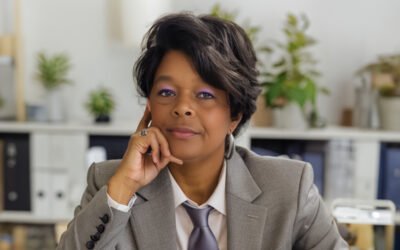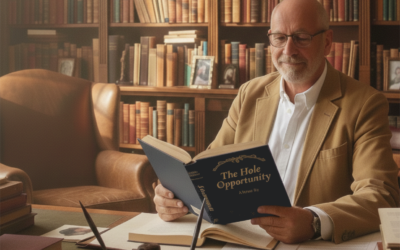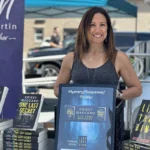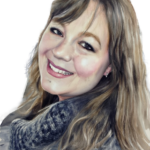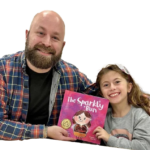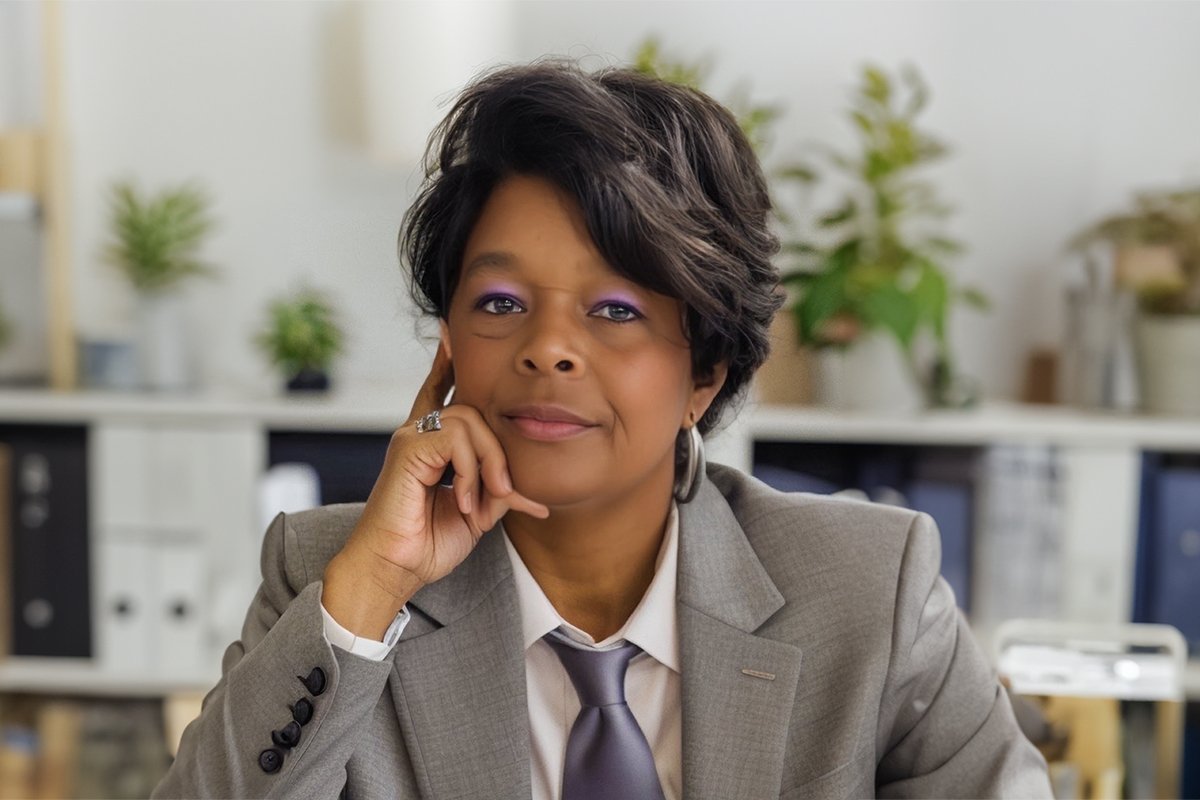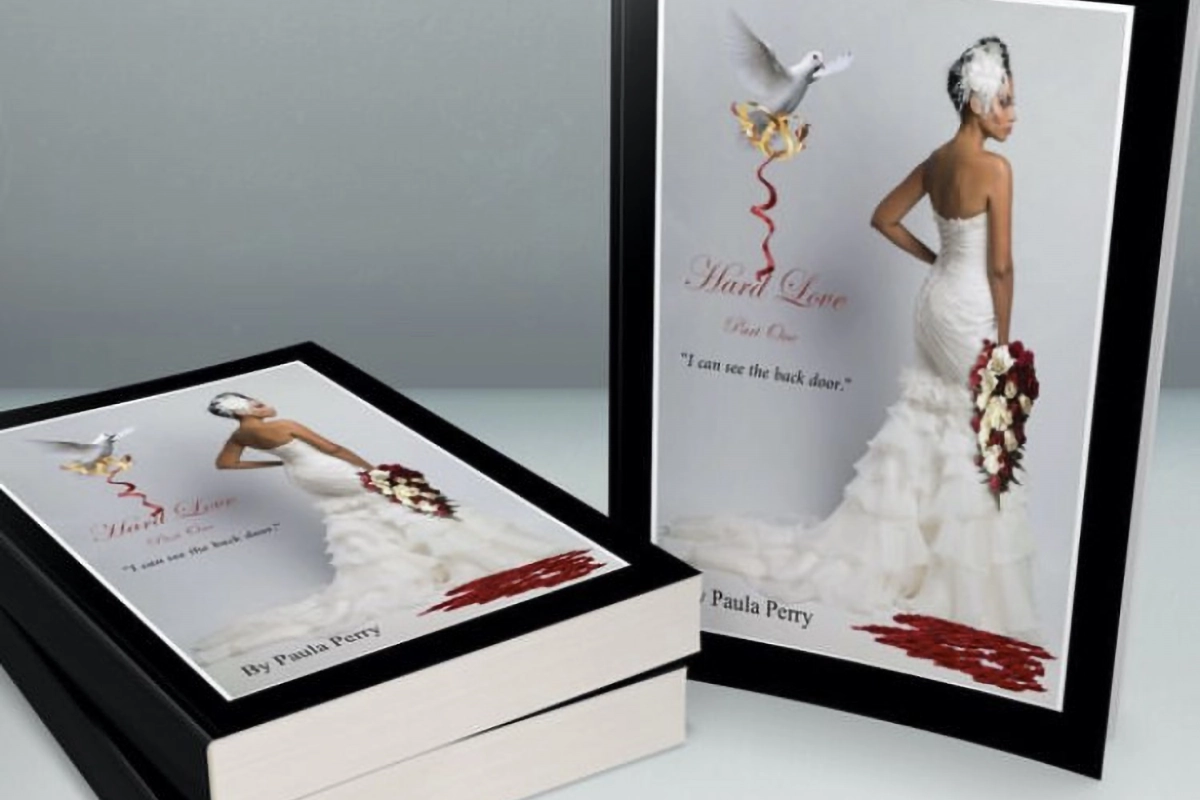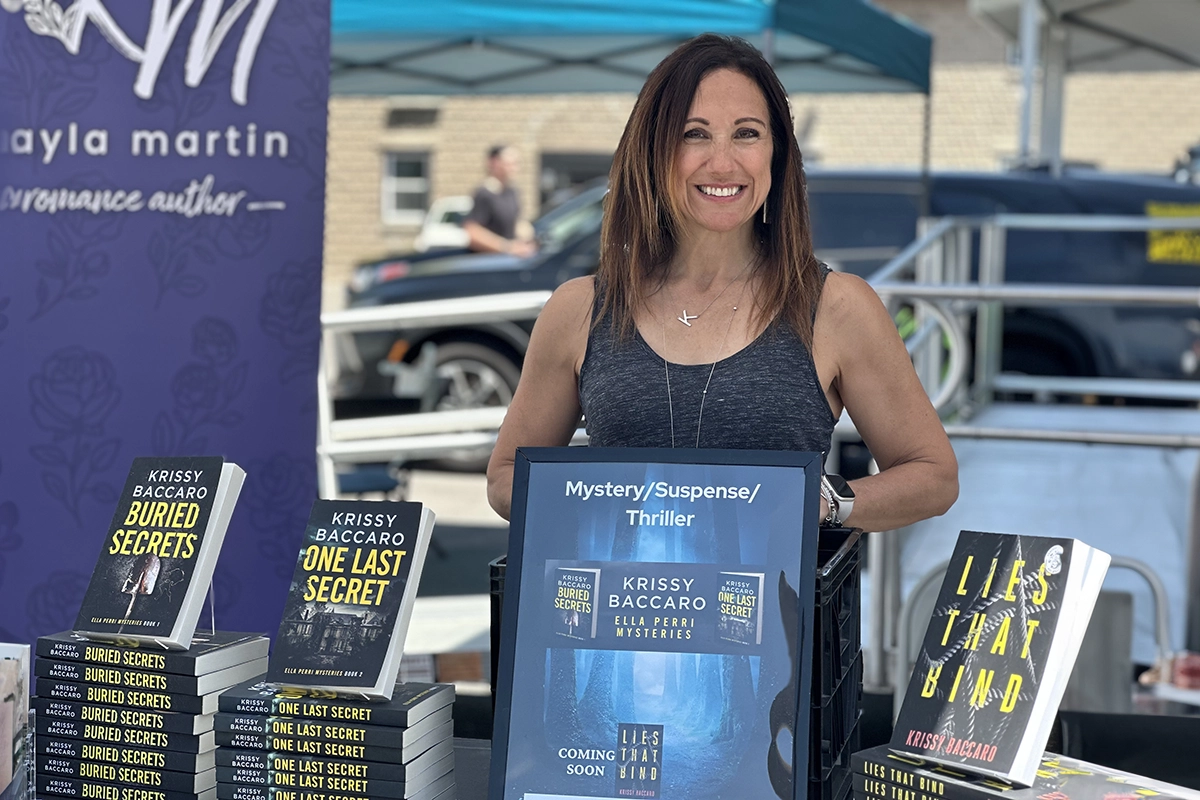Mary Alice Molgard Reflects on Four Decades of Transforming the Communications World
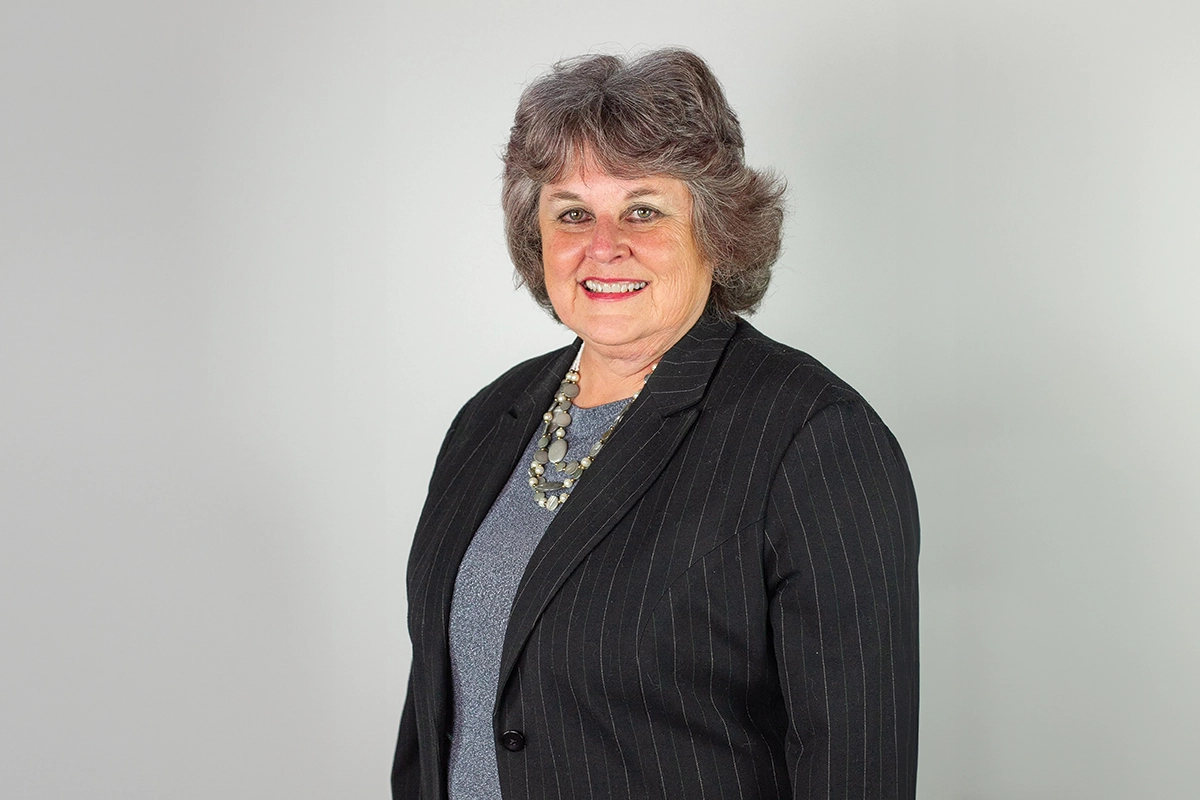
Photo: Mary Alice Molgard: A distinguished mentor, communications pioneer, and dedicated advocate for humanitarian efforts with the American Red Cross.
From the Classroom to the American Red Cross
Mary Alice Molgard shares her incredible journey from radio beginnings to shaping countless careers as an educator, while navigating the ever-changing communications field with passion and adaptability.
Mary Alice Molgard is a name synonymous with passion, resilience, and innovation in the evolving world of communications. A beacon of excellence throughout her remarkable 40-year career in radio, television, film, and education, Mary Alice has carved an enduring legacy as both a practitioner and a mentor. She is not just a storyteller but a devoted architect of futures, having launched countless careers and inspired generations of students during her 36 years of teaching at the College of Saint Rose. Today, her unwavering commitment to service continues through her impactful work in Public Affairs for the American Red Cross of Northeastern New York, where she transforms words into action and compassion into results.
At Mosaic Digest magazine, we celebrate extraordinary individuals who shape our world through their talent and integrity, and Mary Alice Molgard is undeniably one of those figures. Her journey from a young college student captivated by a college radio station to becoming a force in communications education and disaster response is nothing short of remarkable. Whether she’s recounting her experiences guiding students like Jimmy Fallon to stardom, sharing her expertise on adapting to an ever-changing field, or reflecting on the joy of seeing her graduates thrive in diverse pursuits, Mary Alice embodies the power of persistence and a lifelong commitment to learning.
In this exclusive interview, we had the privilege of sitting down with Mary Alice Molgard to delve into her decades of experience, her thoughts on the evolution of communications, and her insights on cultivating success in today’s dynamic world. It is an honor to feature the wisdom and achievements of someone who has left an indelible mark not only on her students and colleagues but on an entire industry. This conversation is a testament to the transformative power of education, the importance of adaptability, and the enduring impact of one individual’s dedication to her craft and community.
Mary Alice Molgard is a visionary educator and communicator whose expertise, mentorship, and dedication continue to inspire generations.
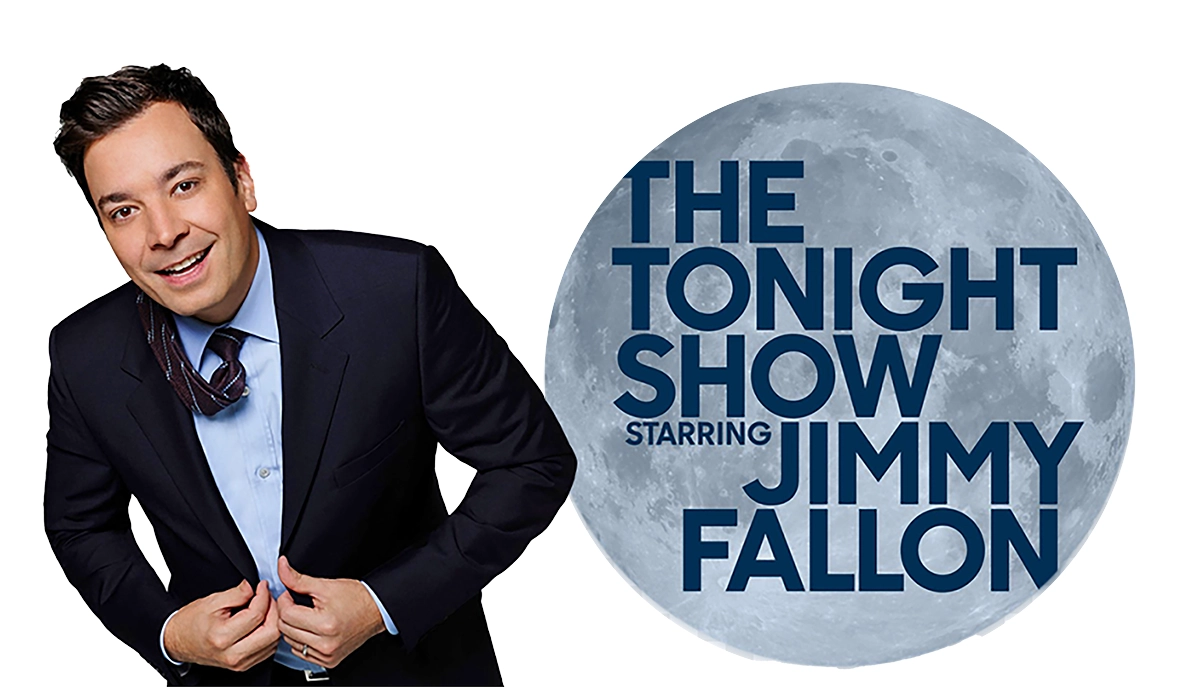
What originally inspired you to pursue a career in radio, television, film, and communications?
Originally, I intended to pursue print journalism, but as a high school senior I lost the chance at a scholarship to a prestigious j-school and became disenchanted. I enrolled as an Archaeology and Anthropology major, but that didn’t last long. I was introduced to new friends who worked at the college radio station. They invited me to take a tour, and I was hooked. I changed my major to Communications and fell in love with radio and television. I worked with a wonderful group of professors who had both academic and real-life broadcast experience. Under their guidance, I became passionate about news and communications law, and the rest is history! I spent the next 40+ years working in Communications, as an educator and practitioner.
“If you can write for radio, you can write for any medium.” – Mary Alice
Can you share any standout moments or highlights from your 36 years of teaching at the College of Saint Rose?
I literally helped create the program I taught in for 36 years. When I began my career at the College, the major had been officially established but there were only a handful of real Communications courses. The others were borrowed from other majors. A colleague and I planned a curriculum and then created the courses to fill it over a two-year period. The major grew rapidly, and soon Communications was one of the largest on campus. That was probably the greatest moment, but I considered graduation each year to be its own highlight. I had the pleasure of seeing students I had taught, persuaded, mothered, and maybe even gently threatened walk across the stage. I was thrilled they had persevered. Some were A students; others were not. I think I was more thrilled with the C students’ success because most of them worked harder than their peers to get their degrees.
“I literally helped create the (Communications) program I taught in for 36 years.” – Mary Alice
How has the field of communications evolved over the course of your career, and how did you adapt your teaching to reflect those changes?
I’m old school. I always believed if you could write for radio, you could write for any medium.
I would paint a picture for the listener with words and sound, editing audio tape with a razor blade, but when the industry focus shifted more to television, I had a hard time adapting. I had to learn new rules, procedures, and technologies all at the same time. It was a challenge! But I did it by centering on true content creation, the scripts, the news stories, the ad copy. I became a producer rather than a technician. I’m pretty good at telling a video editor where I want the clip to begin or end, and where to drop in the audio. Then I encourage them do their magic with the computer and keyboard. Some people are wired for that process. I’m not one of them. I believe that you can craft and deliver a creative and effective story, no matter the medium.
“Never stop learning about your chosen field, even if you are already employed in it.” – Mary Alice
How do you think young professionals can best prepare for success in the ever-changing field of communications today?
It’s very simple. Never stop learning about your chosen field, even if you are already employed in it. Read every quality, legitimate media source you can get your hands on. Newspapers, blogs, magazines. Watch national news and local news. This may not be the most popular current opinion, but don’t fall for the nonsense that the mainstream media somehow has become evil. Use social media to your advantage but avoid the garbage that seems to ooze from it. You need to know about the world outside your immediate frame of reference. That means having at least basic familiarity with geography, international relations, economics, and how governmental systems operate. Not only do you need to know how to communicate, but you also need to have enough information to communicate about something.
“The success of my students is my reward.” – Mary Alice
Internships are the best way to get pre-employment experience, but volunteering for not-for-profit organizations is helpful too. You get to work on every aspect of the organization and can make contacts that are invaluable for the future. If employed in the field, the young professional needs to find a balance between completing day-to-day responsibilities and reaching for new experiences. Learning the requirements and limitations of a new job is important and can’t be ignored, but the YP also needs to be aware of how to position themselves to take advantage of new opportunities.
During your time teaching, you had many talented students. Can you share any memorable stories about them, Jimmy Fallon for instance, during his time as your student?
Jimmy was nearing the end of his senior year and came to me for some advice. I was the internship coordinator and helped all the seniors find internships. He had been offered the chance to go off to do stand-up comedy, but it meant he would have to leave school. He had only one semester to finish his degree, and I advised him not to throw it all away. He ignored my advice, thankfully, and launched himself into what has become an amazing career. A few years ago, I went to the Tonight Show to see him, and during a break in the show, he came up into the audience and had me tell all 400 people about the worst mistake in judgement in my professional life!
What was it like watching one of your students, like Jimmy Fallon, rise to such incredible fame? How did it make you feel? Can you name any other former students who went on to accomplish impressive things in their careers?
While Jimmy Fallon is probably the most recognizable of my former students, there are many who have been remarkably successful. I am thrilled with all their successes. Social media has made it possible for me to follow their careers, and I’m just as thrilled with the young woman who launched an incredibly successful local cookie company as with the CEO of a major charitable foundation. Among the most notable are a National Public Radio reporter, a producer at MSNBC, another at CBS, a reality show actress who recently launched a clothing line, a New York State trooper, even the publisher of an international magazine…Shall I go on? I’ve literally got hundreds of them.
Did you ever suspect that Jimmy Fallon or any of your other students would achieve the kind of success they did while they were studying at the College of Saint Rose?
Every semester when I would look out over a crop of new students, I would be hopeful that each would realize their potential. For some, the goal was simply getting a degree and a job. Others would prove to be more ambitious and reach for something that was a little more out there on the horizon. What I wanted for them was to develop the knowledge and skills they would need to be successful no matter what they chose to pursue. In a class of 50 students, maybe one achieves some level of notoriety. If the other 49 found something they were good at and were satisfied or even happy, I’d be just as thrilled. Their success is my reward.
Now that you’re working in Public Affairs for the American Red Cross of Northeastern New York, what are some of the projects or initiatives you’re most passionate about? Are there any specific challenges or rewarding experiences you’ve encountered in your current role at the American Red Cross?
“The mission of the American Red Cross is to prevent and alleviate human suffering.” – Mary Alice
The mission of the American Red Cross is to prevent and alleviate human suffering. My small part in the mission is to create messaging that advances that goal and do my best to engage local media with our activities. I work closely with local reporters when there is a large-scale national incident, helping arrange interviews with volunteers who are deploying or are already on the ground in the disaster zone. I’ve reported on wildfires, hurricanes, floods, ice storms, just about every natural disaster you can think of. At the local level, helping get the word out about home fires is just as important as covering a hurricane. Press releases from my department detail the incident and describe the scope of assistance Red Cross provides. We supply financial assistance, help arrange for health services, and provide comfort and emotional support. I’m focused on making sure the public is aware of how easy it is to get the assistance they need. A current passion project is scanning blogs, websites, and social media pages to find mentions of home fires in our coverage area in order to connect displaced residents with Red Cross services.

